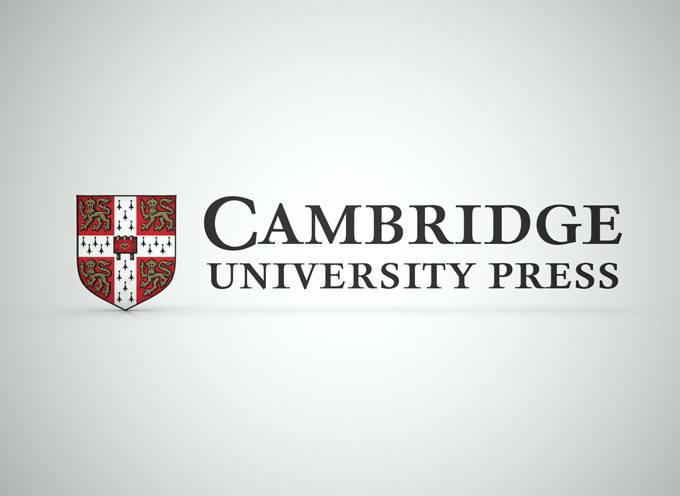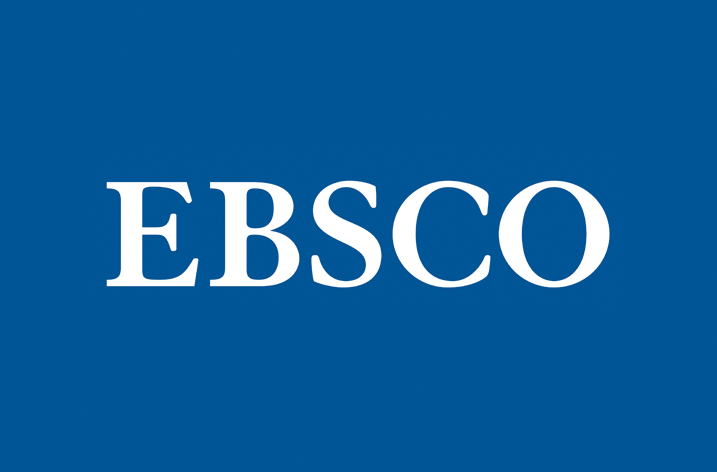
A new Open Access pilot scheme from Cambridge University Press will turn conventional publishing models on their head by making academic monographs that sell the most copies available online for free.
The initiative, called Flip it Open, will see selected books published and sold as normal, primarily through library collections for universities. But once a title meets a set amount of revenue, the Press has committed to make it freely available online.
This means that those titles most in demand will be made Open Access first, giving more readers free access to popular monographs and authors greater reach and impact for their research without the need to pay OA publishing fees.
Ben Denne, Director of Books Publishing at the Press, said: “Publishers have historically been most proprietorial about their most popular and most-used titles, in order to protect their revenues. We are saying that those sought-after titles are the books that should be freely available first, because they are the ones that most people are likely to want to access.
“We want to find a model which is more fundamentally geared towards demand. By making selective books OA directly in response to their being purchased, we are flipping the traditional publishing model upside down.”
At the same time as making a title OA, the Press will also publish it in an affordable paperback edition for those who want a physical copy. Both the digital and the paperback editions will contain a page thanking those institutions that bought the book and so helped fund the flip to OA.
More than 25 academic monographs will be included in the pilot, covering classics, politics and history. Those that are flipped to Open Access will be available through Cambridge Core, the online home for the Press’s academic content.
The Flip it Open model also reinforces the Press’s commitment to Open Access and to providing a route to OA for all of its book and journal authors, including those without access to funding. It removes the need for authors or their funders to pay an upfront fee, or processing charge, to cover the cost of publishing a book OA. This model is currently the most widely used for OA books publishing, but heavily favours certain subjects and author affiliations. The Press wants to offer something fairer and more inclusive.
Ben Denne added: “We passionately believe in the OA principles of availability, inclusivity and dissemination. They chime perfectly with our own mission and that of our University. The challenge is to ensure any move to OA is sustainable and allows us to continue investing in high quality content.
“The OA movement started with academic research journals, and books are still catching up, with funding scattered, complex and not always clearly understood. This initiative is an attempt to see if we can offer a solution that provides revenue for publishers and a simple route to OA for authors across the globe and in all fields of study.
“Libraries will know upfront that they are buying a title that might become Open Access, and this is our way of asking our customers, mostly institutional libraries, to become actively involved in the funding to flip them to OA. Libraries are paying to get the book early, and to fund a wider program that will benefit them, their customers and the wider academic community.”
The first book in the pilot will publish in July and the Press hopes that its customers and partners will buy the titles they want in the knowledge they are also helping them to reach a wider audience.
Ben Denne said: “There is unlikely to be a one-size-fits-all solution to publishing academic books Open Access; what works for monographs may not be suitable for another type of book. But it’s through trials like this that change and innovation happen. The important point is that we are out there trying, testing different publishing models, working with the academic community and others to find the best solutions.”























